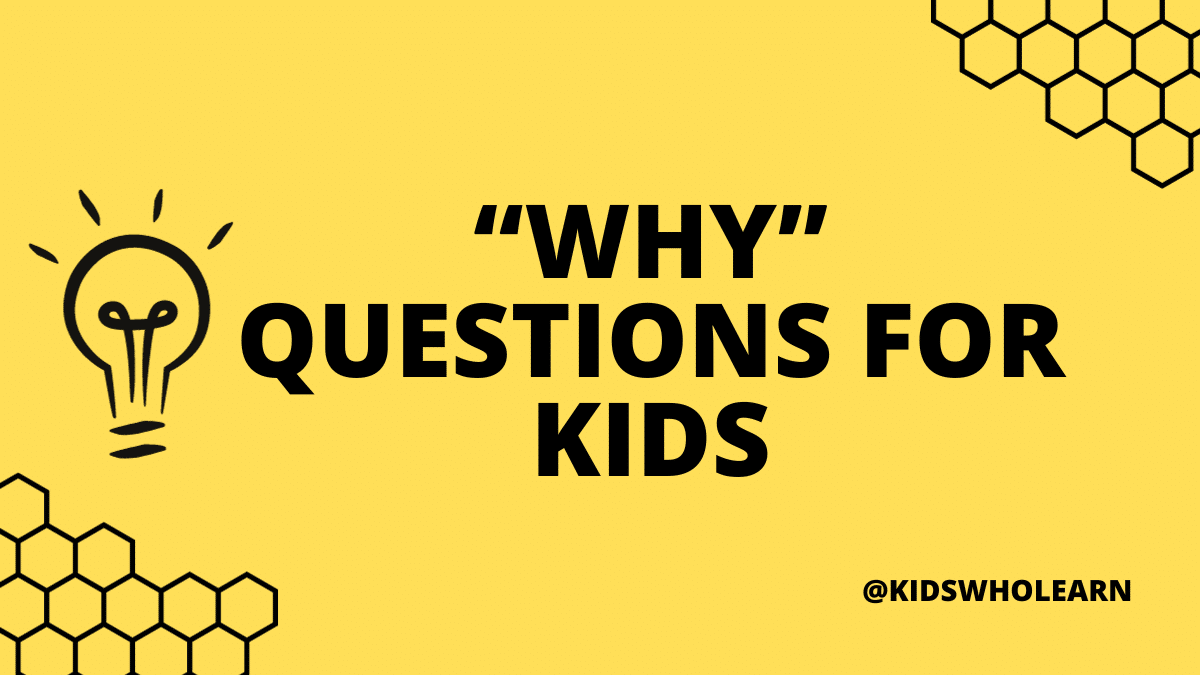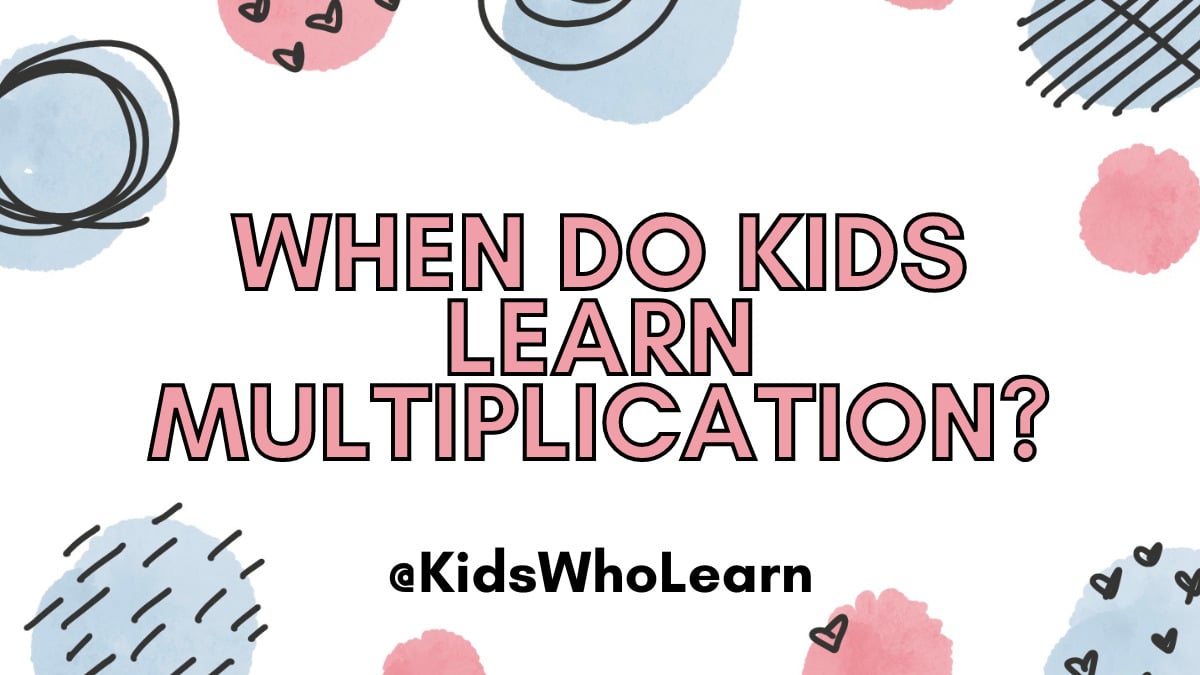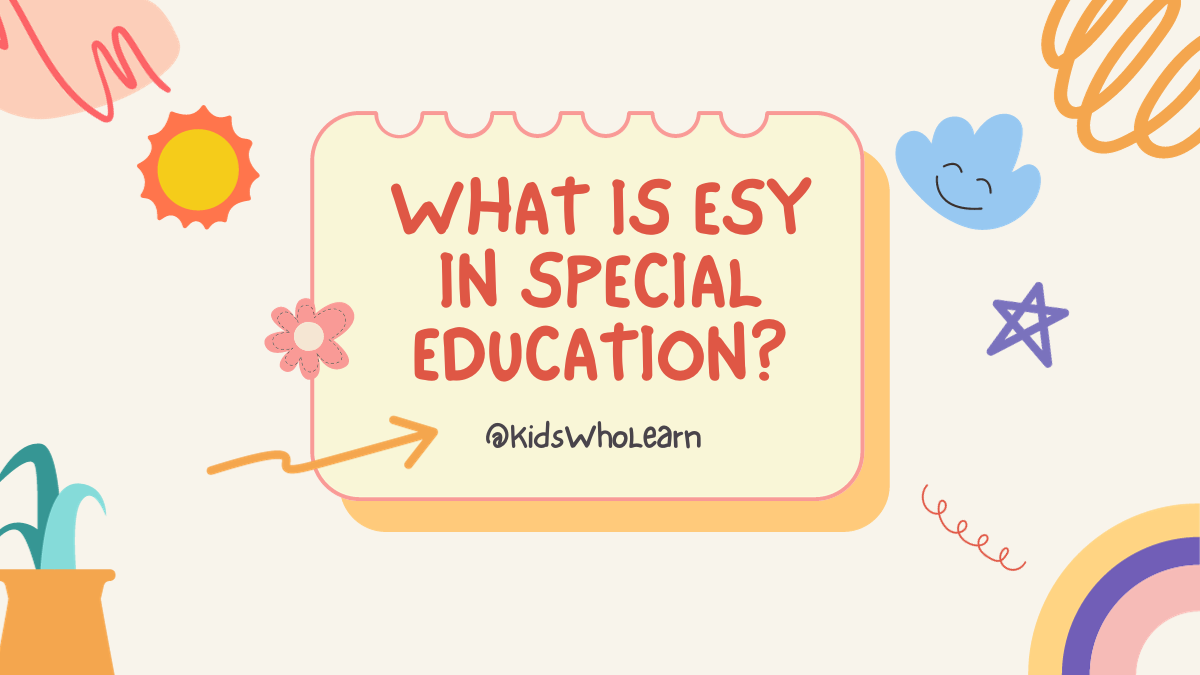Do you ever find yourself frustrated by your child’s incessant questioning? While it can be exhausting to answer “why” after “why,” encouraging your child’s curiosity is actually incredibly beneficial for their development. In fact, asking and answering “why” questions is a crucial part of a child’s learning process.
Understanding Why Questions
Asking “why” questions helps children develop critical thinking skills and a deeper understanding of the world around them. By questioning the reasons behind things, children are able to make connections and draw conclusions, which leads to a more comprehensive understanding of concepts.
How to Encourage Why Questions
Encouraging your child to ask “why” questions is simple: just be patient and take the time to answer their questions. Even if you don’t know the answer, you can work with your child to find out together. Additionally, you can model curiosity by asking “why” questions yourself and showing excitement when your child asks questions.
Key Takeaways
- Asking and answering “why” questions is crucial for a child’s development.
- Encouraging your child to ask “why” questions helps them develop critical thinking skills and a deeper understanding of the world around them.
- To encourage “why” questions, be patient, take the time to answer, and model curiosity yourself.
Understanding Why Questions
As a parent or teacher, you may have noticed that children love to ask “why” questions. While these questions may sometimes be frustrating or seem never-ending, they are actually an important part of a child’s development. In this section, we will explore the importance of why questions and how they relate to a child’s developmental stages.
Importance of Why Questions
Why questions are a natural part of a child’s curiosity and desire to learn about the world around them. By asking why, children are able to gain a deeper understanding of how things work and the reasons behind them. This helps to develop critical thinking skills and encourages children to explore their own ideas and thoughts.
Why questions also help children to build their vocabulary and language skills. When children ask why, they are often seeking clarification or more information. This encourages adults to explain concepts in more detail and use more complex language, which can help to expand a child’s vocabulary and understanding.
Developmental Stages and Why Questions
The types of why questions that children ask can vary depending on their developmental stage. Younger children may ask more concrete why questions, such as “Why is the sky blue?” or “Why do birds fly?” These questions are often related to their immediate surroundings and experiences.
As children get older, their why questions may become more abstract and philosophical. They may ask questions such as “Why do we exist?” or “Why is there war?” These questions are often related to their growing understanding of the world and their place in it.
It is important to encourage children to ask why questions and to take the time to answer them. By doing so, you are helping to foster their natural curiosity and love of learning, and helping them to develop critical thinking and language skills.
How to Encourage Why Questions
Encouraging why questions is an important part of a child’s development. By asking why, kids develop critical thinking skills, curiosity, and a desire to learn. Here are some tips for encouraging why questions:
Creating an Inquisitive Environment
Creating an environment that encourages questions is essential. Kids should feel comfortable asking questions and know that their questions will be taken seriously. Here are some ways to create an inquisitive environment:
- Encourage curiosity: Encourage your child’s curiosity by providing opportunities for exploration and discovery. Take them to museums, parks, and other places where they can learn new things.
- Be patient: Be patient when your child asks questions. Don’t rush them or make them feel like their question is not important.
- Ask questions: Ask your child questions to encourage them to think critically. For example, if they ask why the sky is blue, you could ask them what they think.
- Model curiosity: Show your child that you are curious by asking questions yourself. This will encourage them to do the same.
Guiding Kids to Ask Why
Guiding kids to ask why is an important part of encouraging their curiosity. Here are some ways to guide your child to ask why:
- Start with open-ended questions: Start with open-ended questions that encourage your child to think. For example, instead of asking “Did you have fun at school today?” ask “What did you do at school today?”
- Encourage follow-up questions: When your child asks a question, encourage them to ask follow-up questions. This will help them to dig deeper and learn more.
- Use books: Read books with your child that encourage asking questions. For example, “Why Do Leaves Change Color?” by Betsy Maestro is a great book for encouraging why questions.
- Use technology: Use technology to encourage why questions. For example, watch educational videos with your child and encourage them to ask questions about what they are learning.
Encouraging why questions is an important part of a child’s development. By creating an inquisitive environment and guiding your child to ask why, you can help them develop critical thinking skills, curiosity, and a desire to learn.
Answering Why Questions
Responding to Curiosity
Children are naturally curious and asking “why” is one of the ways they try to understand the world around them. As a parent or caregiver, it is important to encourage this curiosity and help your child learn new things. When your child asks “why” questions, try to respond in a clear and concise manner. Use simple language and provide examples to help your child understand.
Here are some tips for responding to “why” questions:
- Be patient and take the time to answer your child’s questions.
- Use examples to help your child understand complex concepts.
- Encourage your child to ask follow-up questions to deepen their understanding.
- Use visual aids such as pictures or diagrams to help explain concepts.
- Avoid using technical jargon or complex language that your child may not understand.
Dealing with Difficult Why Questions
Sometimes, children may ask difficult or uncomfortable “why” questions that may catch you off guard. It is important to remain calm and answer these questions in an age-appropriate manner. Here are some tips for dealing with difficult “why” questions:
- Remain calm and composed when answering difficult questions.
- Provide honest answers that are appropriate for your child’s age and level of understanding.
- Use language that your child can understand and avoid using euphemisms or vague language.
- If you don’t know the answer, be honest and tell your child that you will find out together.
- Use the opportunity to teach your child about empathy and understanding different perspectives.
By responding to your child’s “why” questions in a patient and informative manner, you can help them develop a deeper understanding of the world around them and encourage their natural curiosity.
Why Questions to Ask Kids
Asking children “why” questions can be a great way to engage their curious minds and encourage critical thinking. Here are some examples of educational and fun “why” questions to ask kids.
Educational Why Questions
Asking educational “why” questions can help children learn about cause and effect, develop reasoning skills, and expand their knowledge. Here are some examples of educational “why” questions to ask kids:
- Why do we need to eat healthy foods?
- Why do some animals hibernate during the winter?
- Why is it important to recycle?
Asking these types of questions can spark interesting conversations and encourage children to think more deeply about the world around them.
Fun Why Questions
Asking fun “why” questions can be a great way to get kids laughing and thinking creatively. Here are some examples of fun “why” questions to ask kids:
- Why do dogs wag their tails?
- Why do we have to go to bed at night?
- Why do we celebrate birthdays?
Asking these types of questions can help children develop their imaginations and encourage them to explore new ideas.
Overall, asking “why” questions can be a fun and educational way to engage children’s minds and encourage critical thinking. So the next time you’re looking for a way to spark a conversation with a child, try asking them a “why” question and see where the conversation takes you!
Conclusion
In conclusion, asking questions is an essential part of a child’s development. It helps them to learn and understand the world around them. By asking questions, children can develop critical thinking skills, improve their language abilities, and gain knowledge about different subjects.
As a parent or teacher, it’s important to encourage children to ask questions and provide them with opportunities to do so. You can do this by creating a safe and supportive environment where children feel comfortable asking questions without fear of judgement or criticism.
It’s also important to be patient and take the time to answer their questions in a way that is age-appropriate and easy to understand. This will help to build their confidence and encourage them to continue asking questions.
Remember, asking questions is a natural part of a child’s development and should be encouraged. By doing so, you can help them to become curious, knowledgeable, and confident individuals who are eager to learn and explore the world around them.
Frequently Asked Questions
Why is the sky blue?
The sky appears blue because of the way the Earth’s atmosphere scatters sunlight. Sunlight is made up of different colors, and blue light is scattered more than other colors, making it more visible to our eyes.
Why do we have to sleep?
Sleep is important for our bodies and brains to rest and recharge. When we sleep, our bodies repair and regenerate tissues, and our brains consolidate memories and process information.
Why do we need to eat healthy?
Eating healthy foods provides our bodies with the nutrients and energy we need to function properly. A balanced diet can help us maintain a healthy weight, prevent chronic diseases, and improve our overall well-being.
Why do people get sick?
People can get sick for many reasons, including infections caused by bacteria, viruses, or other pathogens. Other factors that can contribute to illness include environmental toxins, genetic predispositions, and lifestyle choices.
Why do we have to go to school?
Going to school provides us with the knowledge and skills we need to succeed in life. It helps us develop critical thinking, problem-solving, and communication skills, and prepares us for future careers and opportunities.
Why do we celebrate birthdays?
Birthdays are a way to celebrate the anniversary of our birth and mark the passage of time. They are also an opportunity to show appreciation for the people in our lives and to reflect on our accomplishments and goals.







